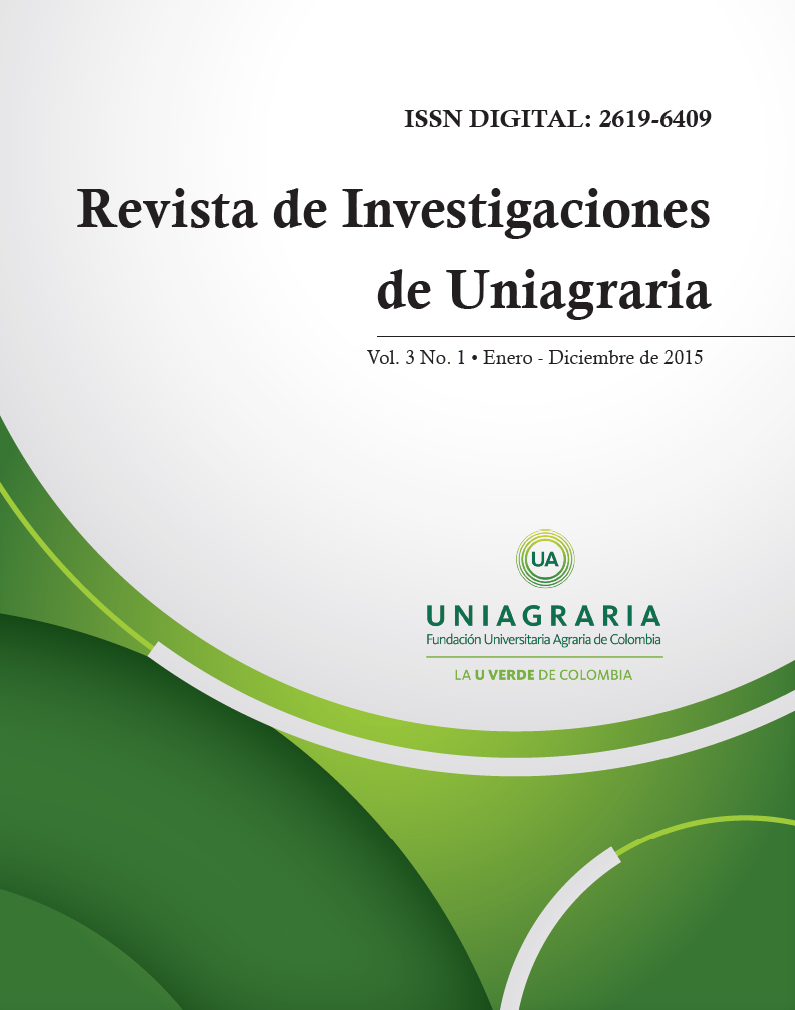Abstract
Finding solutions to the waste problem has become a serious concern at the global, regional and local levels. Particularly, the researches of the botanical garden, José Celestino Mutis, located in Bogotá, have not been blind to this issue; some waste materials, routinely produced by the human being, have been turned into biofertilizers and soil conditioners. Three areas (CAD, FUMDIR y JBB) are intervened in this research. The developed methods of composting are cicadas, batteries and vermicompost. Particularly, there are two types of vermicomposting: bins and small baskets. In this preliminary study, the evaluated response variables were: temperature, humidity and pH. It was found that kitchen and garden waste reached the fastest level of decomposition, followed by the tree waste and the latest one was the flower waste since the pistils had not decomposed by the termination date of the experiment. In addition to this, it was figured out that the particles size and the fiber content determine the speed of the decomposition process in several cases, directly influencing on the response variables.Downloads
Download data is not yet available.
